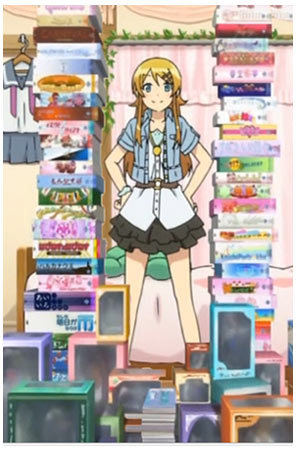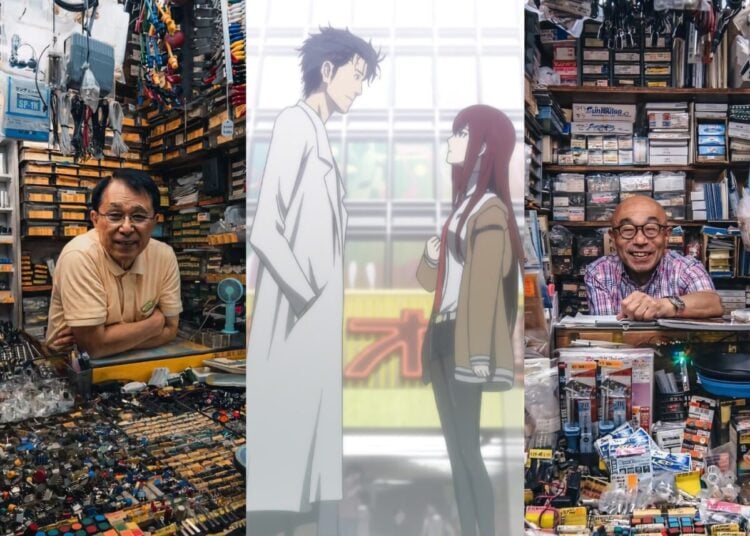J-List has been involved with licensing and translating visual novels — in their ecchi form they’re known as bishoujo games, dating-sim games or eroge, though the genre encompasses all manner of games — since we started out back in 1996, and we think they’re a great way to connect with Japan. The basic concept, of course, is that you play a main character (usually male, but not always) and work through a game story, interacting with characters and making choices that cause you to reach different (sometimes sexy) endings, and the stories and characters can be incredibly well developed. The category got its start with Koei’s “Nightlife” published in 1982, which was followed by the then-iconic Tenshi-tachi no Gogo published by the original JAST (our first licensing partner), then ToHeart, Graduation, Dokyusei, Alice Soft’s Sengoku Rance and so on. Japan’s visual novel culture is extremely popular, spawning popular mainstream anime series like Fate/stay night, Higurashi no Naku Koro ni/When They Cry and Steins;Gate. It’s quite common for the language of visual novels to leak into anime series. In Aria of the Scarlet Ammo there’s a scene in which Riko tempts Kinji by saying, “Don’t you understand? This is an ‘event scene,'” (meaning an intimate scene from a game illustrated with full-screen graphics), and in the finale of Haganai Rika gets mad at Kodaka for “raising flags” with other girls (e.g. clearing parameters required to romance the girls, like characters in an eroge).

Kirino is the queen of eroge.















